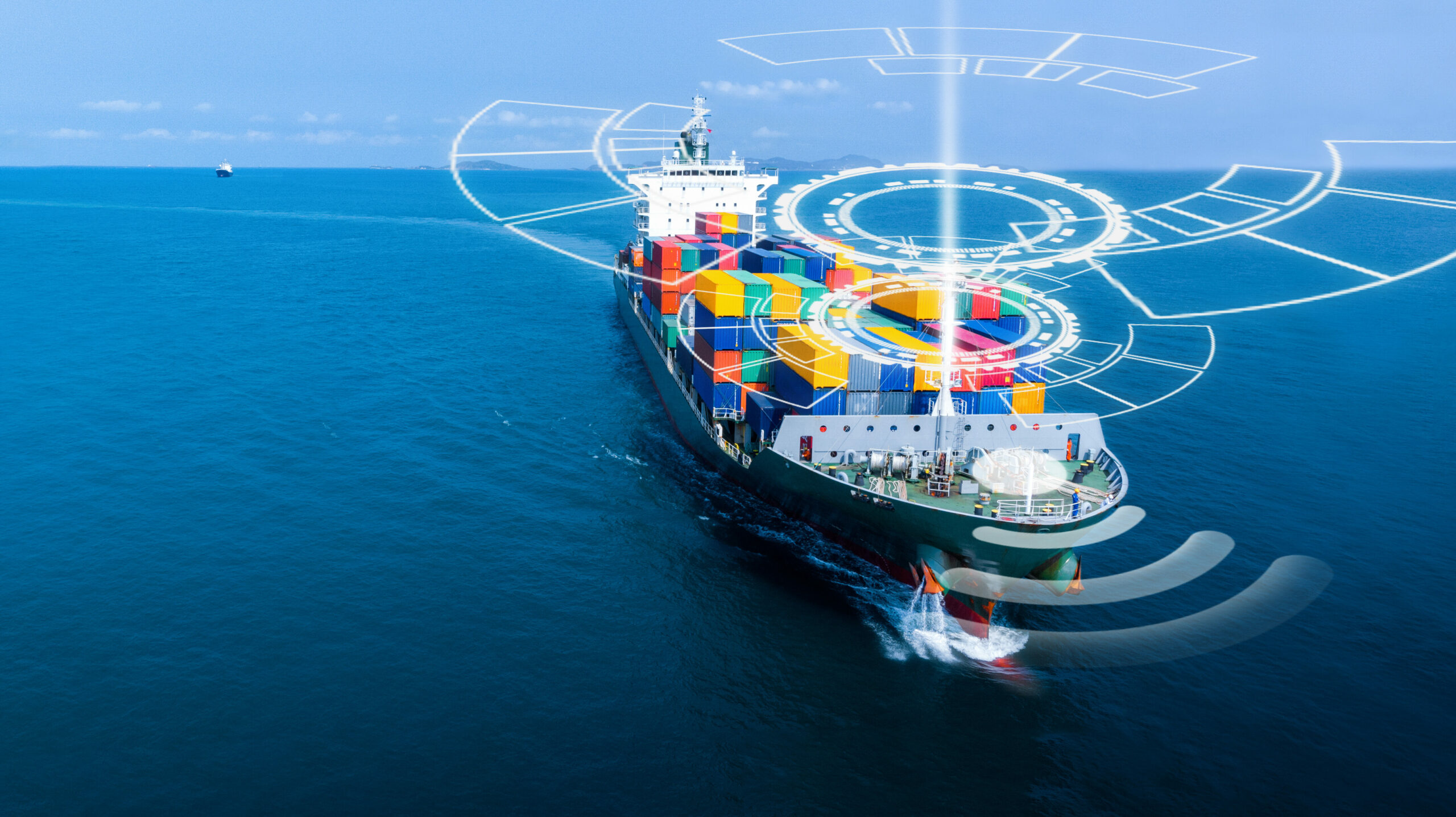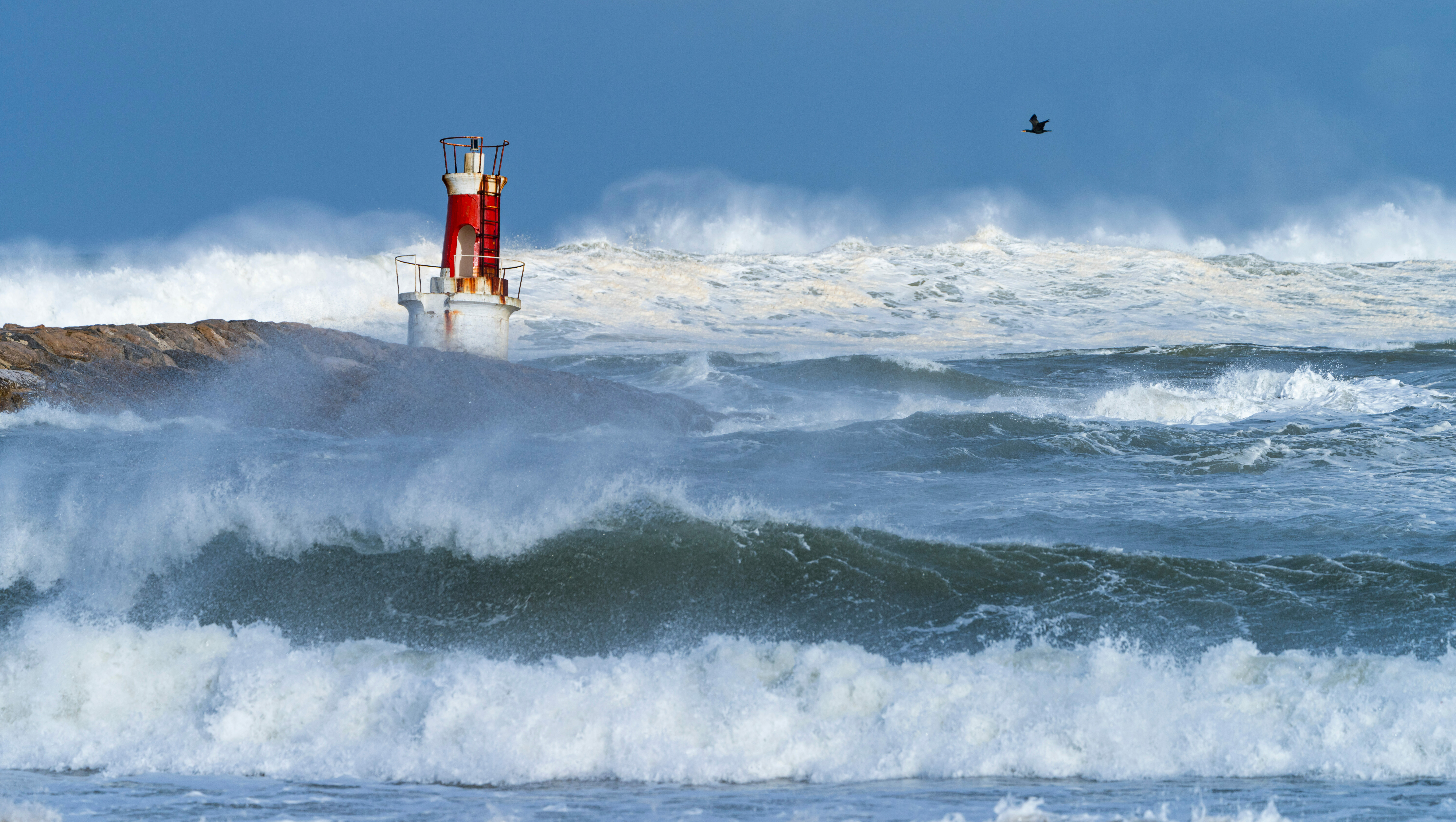The International Association of Marine Aids to Navigation and Lighthouse Authorities (IALA) in association with the Japan Coast Guard (JCG) is hosting the workshop on Digital maritime communication to be held in Tokyo, Japan, from 20 to 24 February 2023. Registration is available here.

Aim
The Workshop is aimed to assist marine AtoN authorities, other shore authorities and IALA members to understand the requirements and further develop digitalization of their services to support future maritime communications.
Background
The digitalization of maritime communication is progressing and many AtoN and shore-based authorities already introduce digital and internet technologies in their services. However more advanced digital system such as S-100 based ECDIS, NAVDAT, VDES, autonomous navigation system and digital radiocommunication system will be appearing on the market in the next decade and there is more demand for digitalization from seafarers, for example, the International Labor Organization (ILO) amended the Maritime Labor Convention to require seafarer access to internet service. In addition, hydrographic offices are issuing charts amendments and weekly notices by internet-based services. Therefore, the AtoN and shore-based authorities may need to meet the further demands from service users by expanding their digital maritime communication infrastructure for both SOLAS and non-SOLAS fleet. But like all technologies, digital maritime communications have impact in respect to operational procedures and human factor and require additional investment to the shore-based authorities. In addition, the migration from analog to digital on maritime communication needs a careful consideration, for example, VHF channel 16, international distress, safety and calling will not be able to change to digital since it requires multi-listening capability.
Objectives
The objectives of the workshop are to:
- Inform and provide guidance to AtoN and VTS authorities, providers, and manufacturers regarding developments of digital services;
- consider implications for both ship and shore side infrastructure;
- identify operational requirements of AtoN services and VTS for future digital maritime communication;
- identify the challenges for future digital maritime communication;
- identify educational and training requirements for future digital maritime communication;
- identify measures to reduce the workload and information load of the operator focusing in the human factor particularly during the transition phase from analog to digital;
- consider the interfaces between ship and shore digital maritime communications to support vital and non-vital functionality (i.e., GMDSS related and ship operations related);
- identify the interfaces between the digital maritime communication infrastructure and the maritime services (refer to IALA G1113 and G1114);
- identify the IALA’s role in digital maritime communication;
- consider internet-based services as a formal method of delivering maritime safety information; and
- consider cybersecurity as part of digital maritime communication.


Topics
The workshop deals with digital maritime communication aspects. This will include a range of topics, such as;
- operational requirements from marine AtoN services;
- impact of digital communication;
- human machine interfaces on board and ashore;
- human factor including training and educational requirements of shore side operators;
- transitional requirements from analog to digital; and
- timeline / roadmap.
Process
The workshop will consist of presentations from a range of expert speakers covering topics and panel discussion of experts and top-level managers of AtoN services such as IALA Councilors.
Following these presentations and the panel discussion, working group sessions will be held on operational requirements, digital maritime communication technologies and human factor including training and education. The outcomes of the working groups are merged to develop a full understanding on current digital maritime communications and to inform on the IALA position and future work on digital maritime communication.
Goal
The goal of the workshop is to develop a full understanding on current digital maritime communications and to inform on the IALA position and future work on digital maritime communication.
Attendees
The workshop will provide a forum for discussion among IALA national, associated and industry members and sister organisations such as IMO, ITU, IHO, IEC, CIRM, RTCM, IMPA, IHMA, Nautical Institute, 3GPP, Maritime Connectivity Platform Consortium. Other interested stakeholders in digital maritime communication are also encouraged to attend to maximize the pool of expertise available.
